The sandstone architecture along with long alleyways that lead to different homes is in stark contrast to the Dubai beyond the four walls of Al Fahidi Historical Neighborhood. Stepping into Al Fahidi will literally transport you back in time to an age where the village was populated by palm-fronted homes, narrow lanes, and beautiful open rooftops serving the best views of the vast desert.
Divided into fifty small homes, this marketplace-turned museum is home to a variety of little artifacts that take you through the journey of old Dubai and its rich past. Rooted in culture and deriving its inspiration from the ancient Bedouin lifestyle, Bastakiya – as it is known locally – hosts many small cafés, art and design galleries as well as food walks and guided tours for curious tourists! Along with being a bustling spot for the city’s best events, it is also home to the Sikka Arts Festival, an annual celebration of culture with events including live performances, poetry, readings, and art exhibitions.
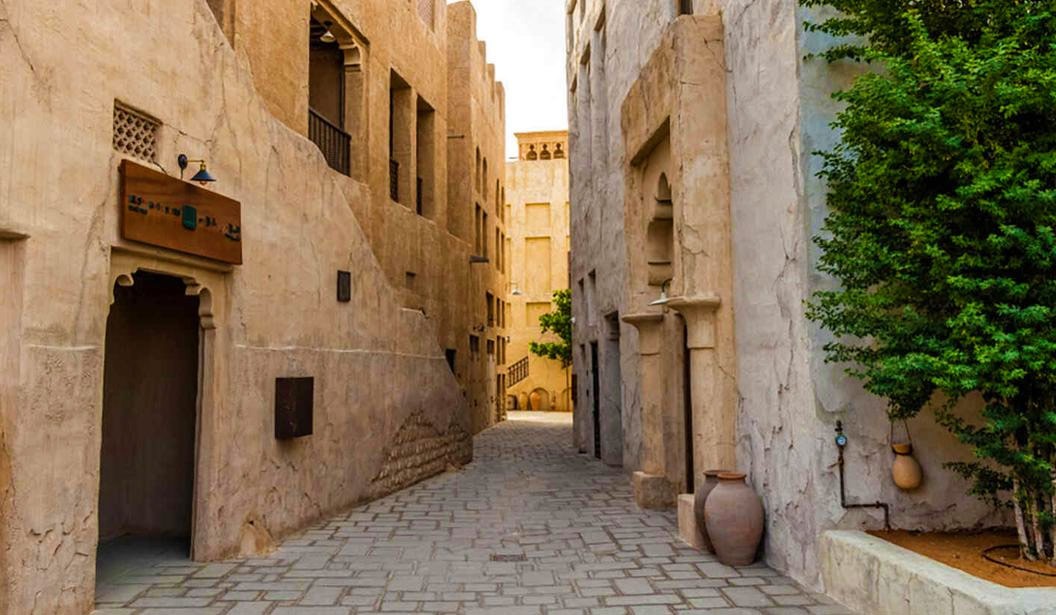
A visit to the Al-Fahidi neighborhood is a great way to understand the traditional life of Emiratis and to know more about the past of Dubai. It’s sometimes easy for tourists and even residents of the city to experience only the new, most modern features of Dubai and think that is all that there is to this city. But all it takes is a little exploration by the creek-side and a few steps beyond Downtown, and there’s a whole different world that exists. Each home in Al Fahidi has its own history and story to tell, hidden within the restored maze, which is easily explored on an aimless wander, is a short section of the old city wall from 1800.
We recommend you start your tour at the Sheikh Mohammed Centre for Cultural Understanding, then move on to the Coins Museum that is home to over 470 rare coins throwing a spotlight on the monetary system of colonial times. Coffee lovers can stop by the coffee museum that hosts regular talks on the city’s love for coffee and enthusiasts can enjoy a history lesson while sipping on some traditional Arabic coffee. Finally, call it a night at the Bastakiah Nights restaurant, which offers a traditional Al-fresco dining experience and has a menu that boasts of the best Middle Eastern cuisine- highly recommended if you’d like to taste some traditional dishes and sweet treats!
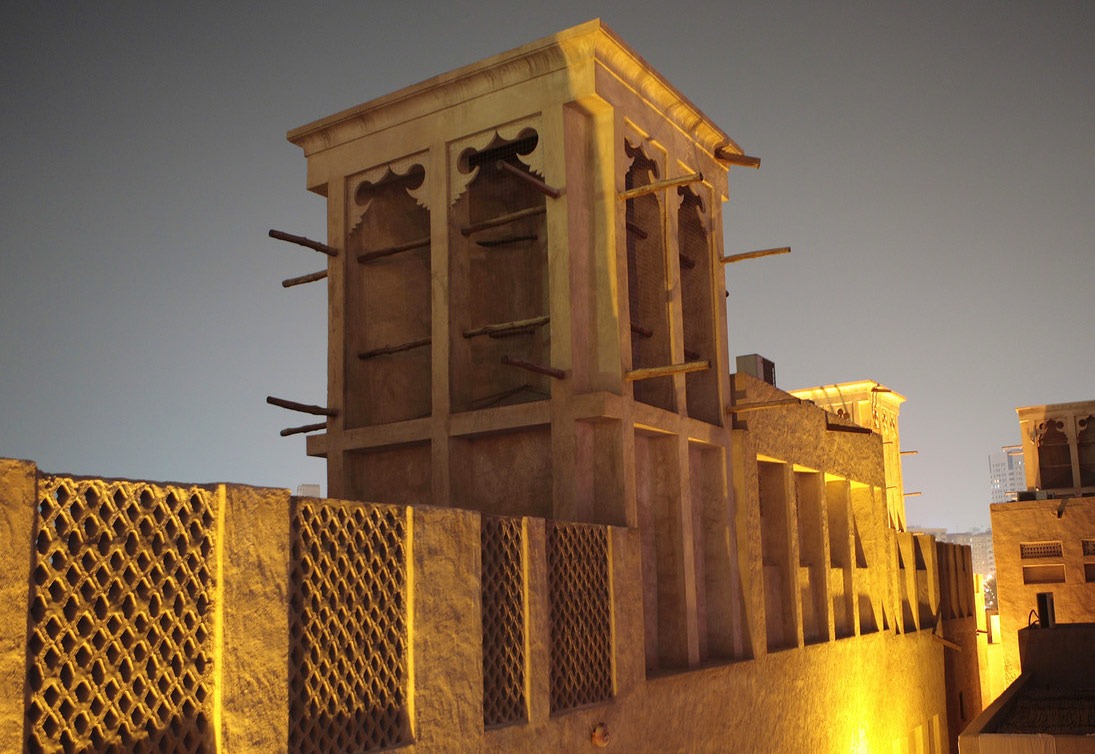
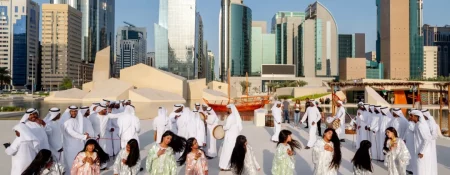
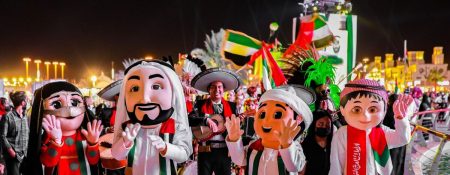
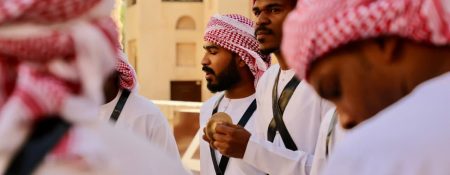
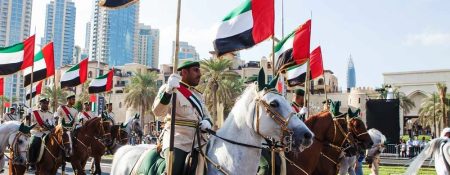
The UAE’s rich history is rooted in trade and tied to Islam. Its unique location between Europe and the Far East became the crucial factor in it's growth into the world's largest trading hubs. Throughout the ages, these lands had attracted merchants from India and China, and were prized by Europeans, in particular the Portuguese, the Dutch and the British.
After the discovery of oil and the formation of the Emirates, the wise rulers began the rapid development of the country's economy, shaping it into what it is today. Though small in size, the UAE quickly became an important player in regional and international affairs.
Although it's growth and development, UAE heritage have not been forgotten - on the contrary, is still well-respected among the nationals. History and culture of local people can be felt in the legendary hospitality of local hotels, architecture of modern skyscrapers and openness and kindness in living among the multinational community.
Here you can read various articles about UAE heritage, history and culture, and better understand, why this country's development became such a success throughout the years.